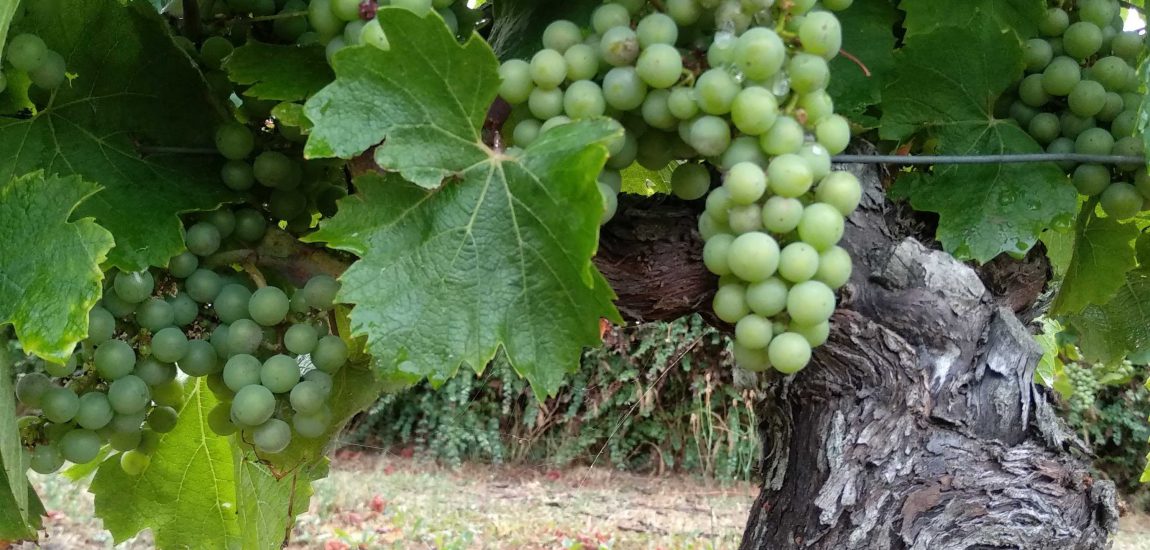
Monday Plenary – The science of good taste : Wine, Geology & Geochemistry
During the first Goldschmidt2023 plenary lecture, Lawrence Meinert, from Colorado School of Mines, invited the crowded amphitheater to reflect on the relationships between geology, geochemistry and wine.
Although many distinct factors influence the taste of wine, like grape variety and winemaking techniques, the former professor of economic geology provided a simple thought experiment to consider the influence of geology and geochemistry.
In addition to climate and soil composition, the presence of wind as well as water and nutrients availability compose the factors that control grape growth. They are known as the concept of Terroir.
What would differentiate the taste of wines produced from identical grapes that were exposed to the same sun?
Lawrence Meinert took us on a travel through vineyards growing on four distinct terroirs characterized by distinct climates and the presence of either volcanoes, ancient glaciers, alluvial fan inevitably modifying the soil composition. From Washington State, California, Bordeaux, Chile and New Zealand the speaker demonstrated that slope, elevation, sun angle, and soil type influence the soil moisture, and therefore water and nutrient availability.
Therefore, the type of soil (slackwater sediments, clay, gravels, alluvial fan sediments) does not provide any chemical flavor to the wine but impact the vineyard growth and grape ripening.
To conclude, as a wine expert, Lawrence Meinert warned us on the influence of climate change. A good winemaker may consider buying lands in England to plant future quality vineyards.
